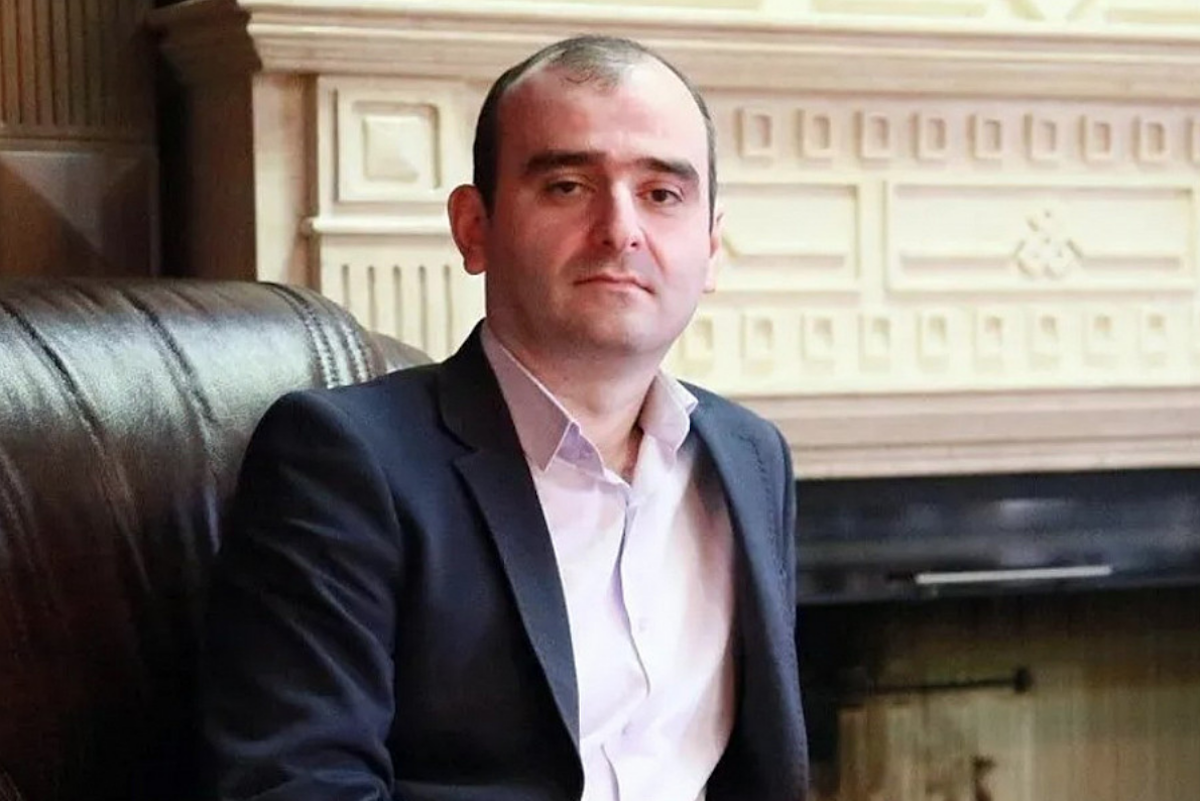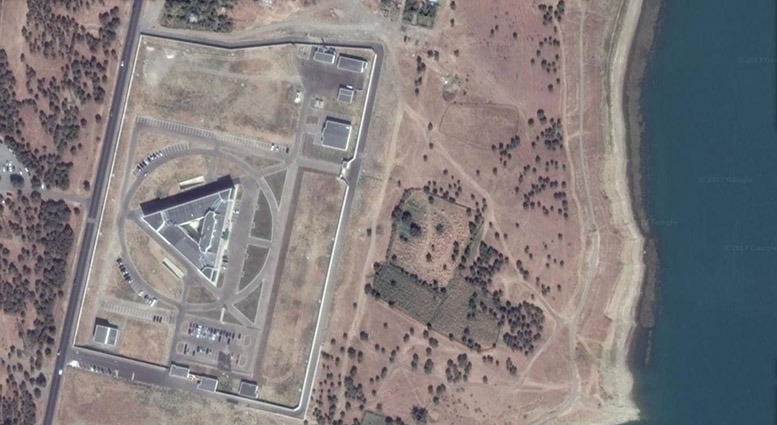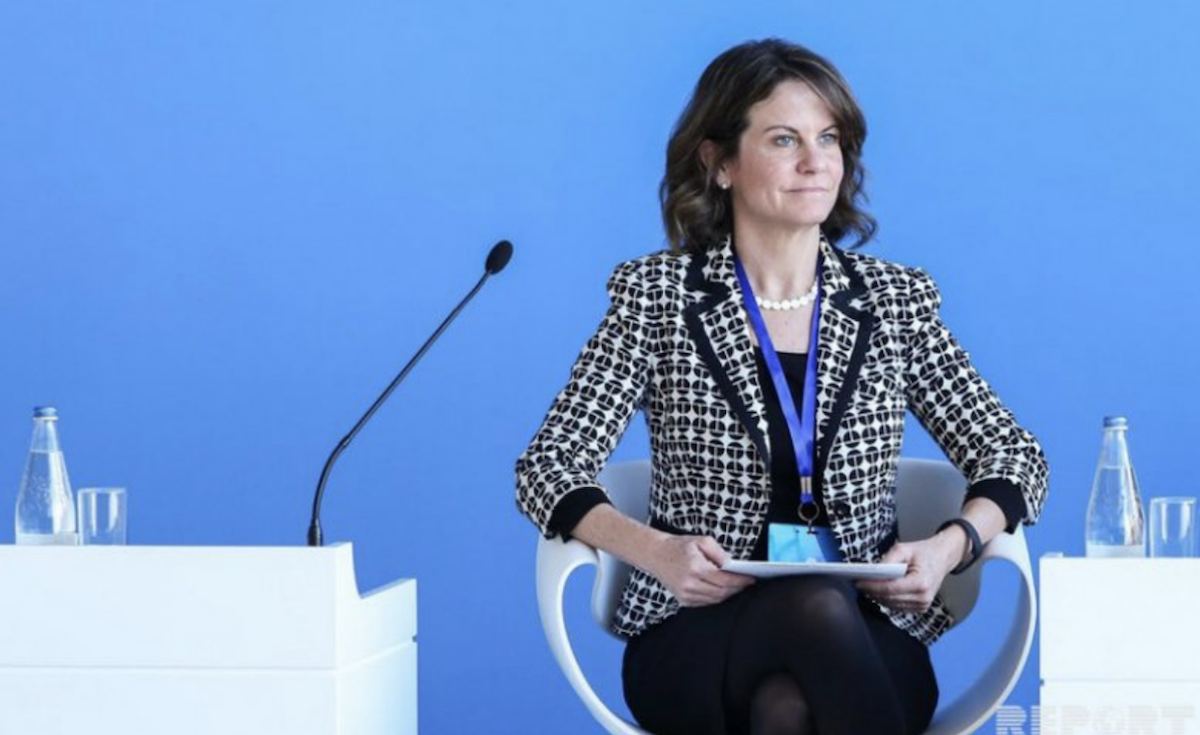
Georgia – Russia vs NATO
Georgian military and security expert Giorgi Antadze, from “Geocase,” recently published a lengthy post. According to his analysis, the rhetoric of the “Georgian Dream” party suggests a shift in strategic direction, culminating in a withdrawal from NATO and the European Union. Instead, Georgia aims to pursue a project of “sovereign democracy.”
Georgi Antadze: “During events like those happening in Georgia today, people’s attention is deliberately focused on issues that seem to be the main theme at first glance. However, the real issue often lies elsewhere. In this case, we’re looking at the instrument, namely the bill ‘On Transparency of Foreign Influence.’ This instrument serves larger goals.
As you know, I’ve spent my entire professional life in various defense and security positions. Therefore, what I’m about to write is merely my professional observation based on my experience and the practice of Georgia’s national security organs. Additionally, references will be provided for each event mentioned.
From the rhetoric of the ‘Georgian Dream’ party in recent times, it becomes clear that there’s a change in strategic direction. This, in my view, means ultimately withdrawing from NATO and the European Union, a move termed the implementation of ‘sovereign democracy.’ In practice, this would entail a new reality where we have a single ruling power – a feudal one – and elites subordinate to it. The rest of the country would serve this system. Speaking of the degree of freedom akin to European democracies would be inconceivable in such a reality. Ultimately, Russia would gain the opportunity to establish key influence in the South Caucasus. Tbilisi has been, is, and will remain the key to the Caucasus. Beka Kobakhidze constantly discusses these dangers.
Now, let’s get to the main point.
Essentially, what we’re witnessing is a special operation organized and prepared by Russian intelligence services. Even the modus operandi closely resembles what was seen in Ukraine. ‘Titushki’ [a term that emerged in May 2013 in Ukraine, initially referring to young people used by local authorities as instigators and mercenaries to organize violent provocations – Wikipedia] have also appeared on the scene.
As you know, our cooperation with strategic partners in Georgia is based on the work of several key institutions. These three locomotives are: the Ministry of Defense, the Ministry of Foreign Affairs, and most importantly, our External Intelligence Service. And no other institution. I’m not diminishing anyone’s contribution; I’m simply speaking about what’s most important.
Believe me, if there was any assistance from the West, particularly the USA, it was to the External Intelligence Service. From the photos, one can easily discern the architecture of the building, to the planning of which they made a significant contribution. This institution has been actively involved in the activities of the international intelligence community since the beginning of the war in Ukraine and is also a member of the intelligence service of the Commonwealth of Independent States. In the international security system, this is a ‘gentleman’s club’ in the best sense of the word. It’s an institution that trades in the most valuable commodity in the world – information.”
 External Intelligence Building/Photo from the Internet
External Intelligence Building/Photo from the Internet
Let’s continue.
I won’t delve into the content and risks of the “foreign agent” law; it has been explained numerous times. Again, think of it as a tool serving to change the strategic course.
What steps are being taken in parallel with the initiation of the bill?
On April 3rd of this year, the bill was reintroduced.
The following day, despite the prime minister’s promise that there would be no changes, the only personnel change occurred in the second of the two key agencies implementing our strategic partnership. (The minister of health here was a variable that changed in a completely different domestic political context). This change involved the head of Georgia’s Intelligence Service, namely external intelligence, which reports directly to the prime minister.
In summary, it can be said that targeted blows have been dealt to institutions for many years, and the recent change in the head of the External Intelligence Service is the final chord in this symphony.
What else confirms this?
Yesterday’s statement from the U.S. Embassy and our Ministry of Foreign Affairs’ reaction to it.
We must be able to recognize the context and subtexts in diplomats’ words. In fact, I don’t recall such a statement with hints from the ambassador before.
Ms. Ambassador Robin Dunnigan states that “recently we invited Georgian government officials to discuss strategic partnership and assistance from the U.S. with Georgia, but unfortunately, the Georgian side declined the invitation.”
According to the response from the foreign minister, the prime minister of Georgia was invited to the U.S. Embassy with the condition that before his visit, the Georgian Parliament should temporarily halt the consideration of the bill on “transparency of foreign influence.”
Considering that the NATO Summit in Washington is scheduled for July, the discussion could have been about initiatives of new strategic significance for Georgia, which could likely be linked to further principled progress towards NATO. In other words, there should have been a discussion about something that would set irreversible processes in motion, and the “foreign agent” bill would be entirely unacceptable in this context.
As it’s known, such decisions aren’t made suddenly and quickly. Most likely, this information became known to Russia several months ago. Therefore, a specific task was set to accelerate the processes and further sabotage Georgia’s progress towards NATO.
There are statements from partners that progress towards the EU is also reflected in progress towards NATO. There’s now a window of opportunity, and this window could be opened in Washington. This was also confirmed by the NATO Secretary General during his recent visit to Tbilisi.
EU issues are being discussed, but in my rational suspicion, if you want a professional opinion, the conversation should be about NATO, not the EU. Because NATO decisions can be made non-procedurally, meaning there’s no need to go through mandatory stages, as is the case with the EU. Despite having the roadmap, exceptions are possible. We’ve seen this with Sweden and Finland. With the processes happening now, we probably won’t be accepted into the European Union, hence the rhetoric that we’ll supposedly join in 2030.
What comes next?
Presumably, discussions will open up after the elections: about opening the railway with Russia, about the confederal arrangement of Georgia (Abkhazia), about attracting Chinese flows to Anaklia, and so on. This implies a radical change in the country’s foreign policy vector. Preparation of a similar project could become an unexpected sign of strategic cooperation with China.
In the path towards realizing all this, external intelligence was the last institution that needed to be brought under political control.
Due to the institutional peculiarities of the army, who will be the minister and what the policy will be doesn’t have a fundamental significance. It is an apolitical institution with different orientations, high support among the population, etc. However, it’s worth mentioning that last spring, if I remember correctly, in May, there was a sudden and unclear change in the head of the military intelligence department of the Georgian Armed Forces. Also, shortly after similar events last year.
And now, there’s a special operation underway to ensure a change in Georgia’s strategic course, the content of which was already hinted at during the April 29 rally.
That’s what I wanted to tell you. This is why it’s a struggle for Georgia’s full-fledged membership in the free, democratic world, the alternative to which is returning to Moscow’s geopolitical captivity, which poses fundamental threats to small states, especially their democratic existence, and is the subject of another conversation and analysis.
And today, the position and actions of our strategic partner – the United States – are very important, as we approach this day with the results of this partnership in terms of the progress of our movement towards both NATO and the European Union. And what is very important, in the context of Washington’s policy of non-recognition of the occupied territories. That’s why I believe that this strategic cooperation will surely make its mark.
The post Rhetoric of the current “Georgian Dream” period: Abandoning NATO and the EU – Analyst’s perspective first appeared on The South Caucasus News.



